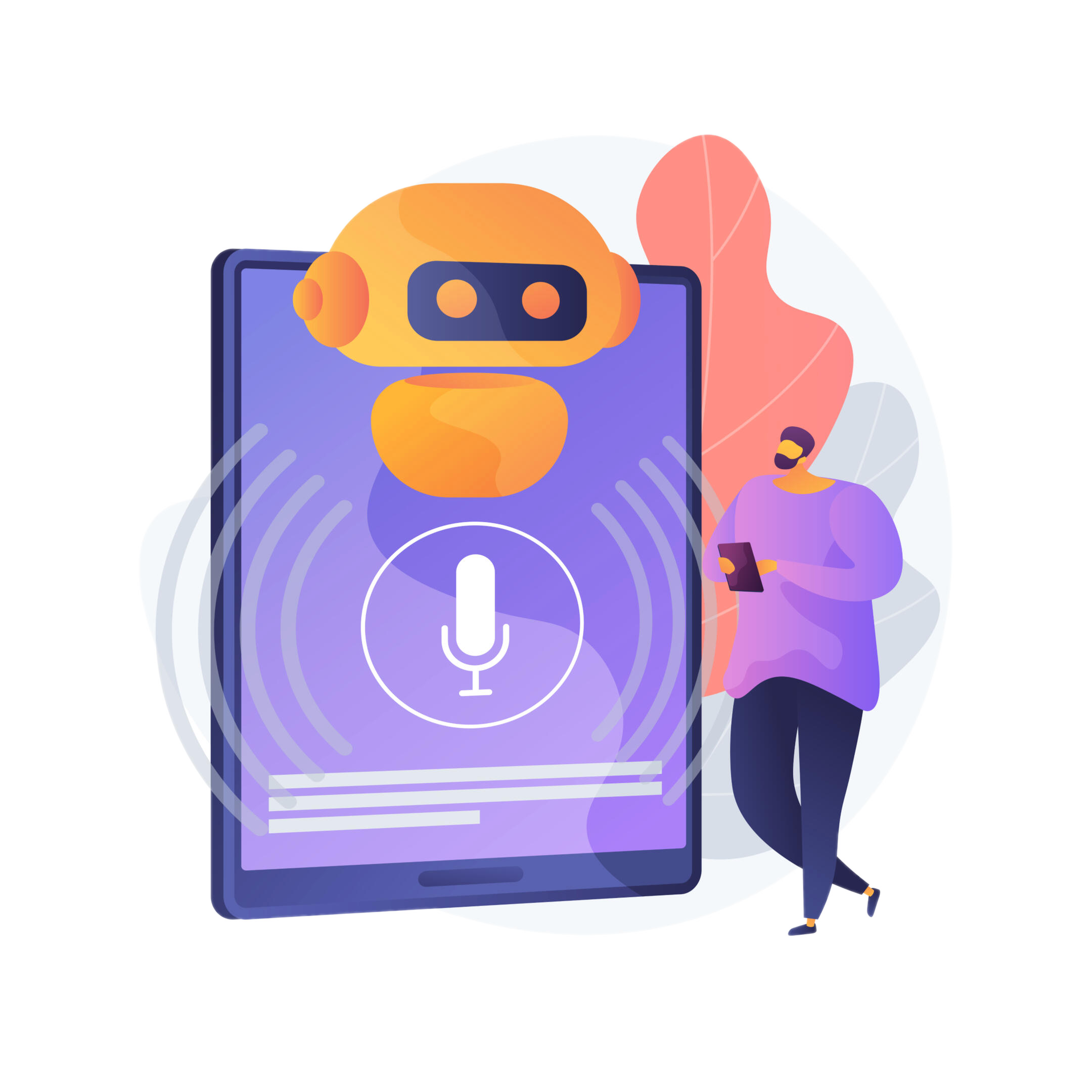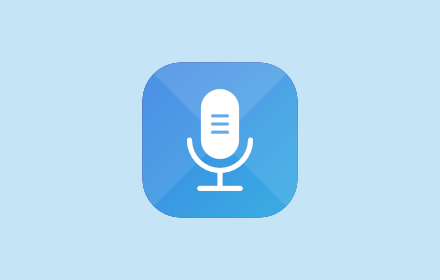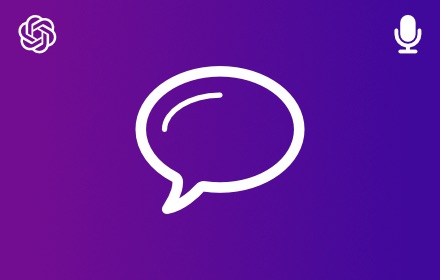Voice Recognition and Data Privacy: Challenges and Solutions in Protecting User Information
Voice recognition and data privacy are increasingly critical concerns in our digitally connected world. As voice-controlled technologies become more pervasive in our lives, from smartphones and smart home devices to car systems and virtual assistants like Mia from Voice Control for ChatGPT, the volume of sensitive data these systems collect and process has skyrocketed. Ensuring the protection of user information while maintaining the efficiency and convenience of voice recognition technology is a daunting challenge that providers and users alike must address.
The Growing Concern over User Data Leaks
Voice recognition systems require access to vast amounts of personal data to learn, adapt, and deliver personalized experiences. This data includes not only voice commands but potentially sensitive background conversations and other accidental recordings. The risk of inadvertent data collection can lead to significant privacy breaches where personal information may be exposed or used without consent. In recent times, there have been instances of smart devices eavesdropping on users, raising alarms across social and legal spectrums.
The issue becomes even more pronounced as these devices sync with cloud services, multiplying the points of vulnerability. The process of transferring and storing voice data on remote servers opens up numerous avenues for cybercriminals to exploit. It is imperative for companies that rely on these technologies to implement robust encryption and stringent data handling protocols to mitigate unauthorized access and data breaches.
Voice Recognition and Data Privacy: Building Trust with Transparency
For voice recognition technology to flourish, trust between users and technology providers is essential. Building this trust starts with transparency about data collection, storage, and usage practices. Users should be clearly informed about what data is being recorded, how long it is kept, and the measures in place to protect their information. Clearly presenting privacy policies and providing users with control over their data can alleviate concerns and enhance trust in the technology.
Voice recognition service providers must ensure compliance with global data protection regulations, such as the General Data Protection Regulation (GDPR) in Europe and various privacy laws across the world. These regulations often require that users are given the right to review, edit, and delete their personal data. Consistency in meeting these legal standards not only prevents hefty fines but also reassures users that their voice data is treated with the respect and care it deserves.
Implementing Secure Voice Recognition Technology
The technological backbone of voice recognition and data privacy efforts must consist of state-of-the-art security measures. End-to-end encryption of voice data is a critical first step, ensuring that data is unreadable to anyone without proper authorization during transmission. On the server side, secure storage and strict access control measures need to be in place to protect data at rest.
However, security cannot solely rely on technical measures. There is also a need for ongoing monitoring and auditing to detect and respond to any anomalies quickly. Training employees on data privacy and implementing a privacy-by-design approach in the development of new products can help create a culture of security within organizations. This culture plays a pivotal role in preventing accidental data leaks and in demonstrating to users and regulatory bodies that voice recognition companies take their data protection responsibilities seriously.
In conclusion, as voice recognition and data privacy issues advance to the forefront of technological discussions, companies have a dual responsibility: to innovate in ways that continue to enhance user experience while staunchly protecting the personal information entrusted to them. Addressing these challenges involves a concerted effort that blends technological solutions, transparency, and adherence to the highest standards of data protection. This balanced approach to innovation and privacy is what will enable voice recognition technology to continue its trajectory of growth, bringing ease and accessibility to users in a secure and trusted manner. Users of voice recognition services, on the other hand, should remain vigilant and informed about the practices of the technologies they adopt. By understanding the risks and the safeguards in place, they can make more educated decisions about their own data privacy.
Subscribe to our newsletter
Subscribe to our newsletter for tips, exciting benefits, and product updates from the team behind Voice Control!
Other projects from the team

Talkio AI
The ultimate language training app that uses AI technology to help you improve your oral language skills.

TalkaType
Simple, Secure Web Dictation. TalkaType brings the convenience of voice-to-text technology directly to your browser, allowing you to input text on any website using just your voice.

Voice Control for Gemini
Expand the voice features of Google Gemini with read aloud and keyboard shortcuts for the built-in voice recognition.